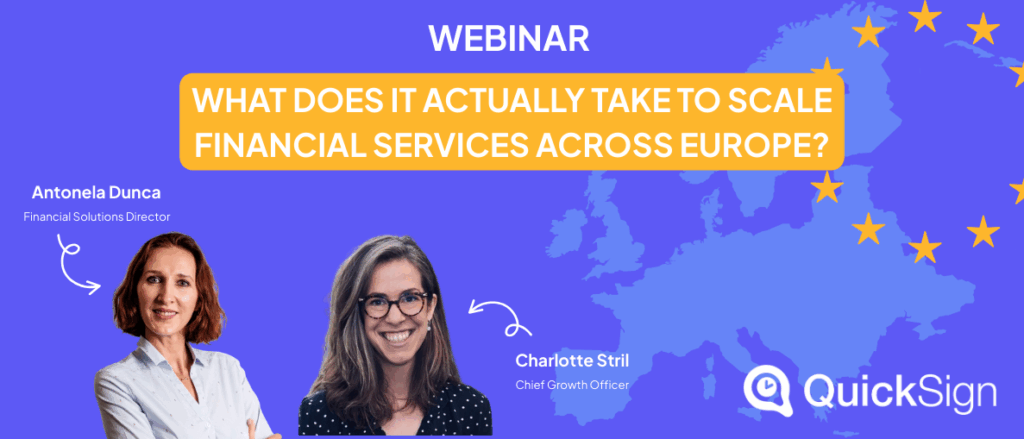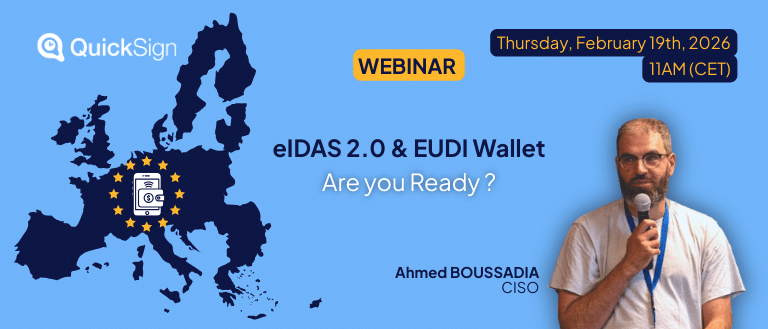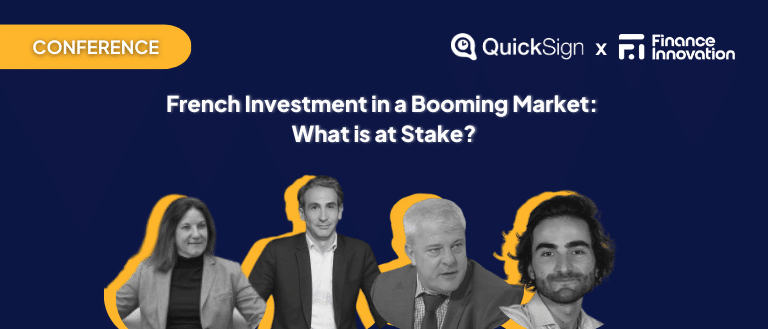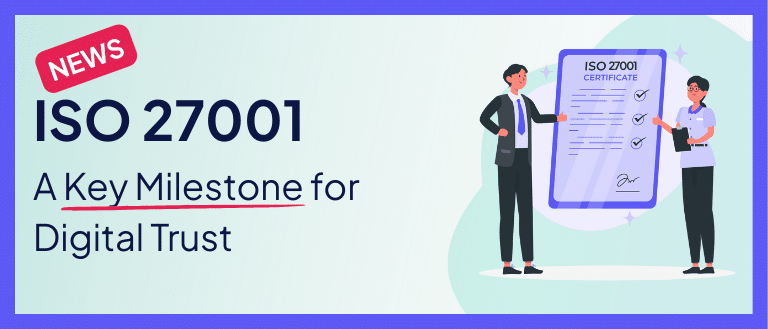
Deploying a seamless, compliant, and unified customer journey across several European countries, how do you actually make it happen?
That’s the question we explored during a QuickSign webinar dedicated to the international expansion of financial services. An expert-led session designed to share real‑life insights and hands‑on feedback from the field.
Webinar : Why Digital Onboarding Is a Strategic Lever in Europe
This webinar started from one simple belief: digital onboarding is a key growth driver for financial institutions aiming to scale across Europe.
But between ambition and execution, the reality can get messy.
To explore what successful scaling really looks like, Charlyne Doche, Head of Marketing at QuickSign, invited two speakers with complementary expertise:
- Charlotte Stril, Chief Growth Officer at QuickSign, in charge of international development
- Antonela Dunca, expert in digital onboarding on the client side, with 20 years of experience in automotive financing (notably at Stellantis, ex Opel Financial Services, now Financial Solutions Direction at Vinfast Europe)
Together, they revisited a concrete deployment across four countries—France, Germany, the UK and Italy. A memorable collaboration that clearly showed how complex scaling can be, and how essential strong project governance is.
This webinar follows a previous Breakfast With podcast episode, where the same duo discussed the future of onboarding in the mobility sector.
Two Field Experts, One Shared International Experience
Harmonise? Yes. Standardise Everything? Not So Fast.
One of the key insights from the webinar: the temptation to build a one-size-fits-all journey for all countries is strong—but rarely works in practice.
It sounds ideal: one API, one interface, one back office.
But the European landscape tells another story:
- Different KYC rules by country
- Cultural differences that shape user experience
- User expectations that vary widely
“You can’t just replicate a journey from one country to another. You have to adapt to the culture, the standards, and sometimes even the language.”
– Antonela Dunca
In short: copy-pasting is not scaling.
The real challenge is to find the right balance between strategic harmonisation and local adaptation. And that requires flexible technology, configurable business rules, and clear governance.
The Foundations of a Truly Scalable Architecture
Flexibility must not mean chaos. As Charlotte Stril pointed out, scalable onboarding needs an architecture that’s both modular and industrialised—capable of handling multi-country deployments without starting from scratch.
Key pillars include:
- A unified data model, enabling cross-country comparisons on a consistent basis
- Clear governance, with shared KPIs across teams
- An API-first approach, planned from day one for easy integration
But architecture isn’t everything. Methodology makes the difference: early scoping, local team alignment, fast iterations, and continuous feedback.
“Lowering costs, centralising tools, unifying data—it’s possible. But only with real orchestration and the right method.”
— Charlotte Stril
Scaling Is Not Duplicating. It’s Designing for Complexity.
This webinar served as a reminder: scaling doesn’t mean duplicating. It means building systems and teams that can absorb complexity—without being slowed down by it.
To succeed with pan-European digital onboarding, you need to:
- Embrace local differences without losing global coherence
- Use a robust but flexible tech stack
- Work closely with the right experts—on both sides of the partnership
QuickSign: Your Partner for Scalable Onboarding
This is exactly where QuickSign comes in.
We help financial institutions deploy scalable digital onboarding journeys—without compromising on compliance or agility.
Our solution is purpose-built for the financial sector. It adapts to local constraints while offering a common, industrial-grade foundation.
Being the right partner means turning complexity into perceived simplicity.
And that’s what we do—every day—with our clients.
Watch the full replay on QuickSign’s YouTube channel
For more information, contact us or visit our platforme page
Written by Isalys L.


